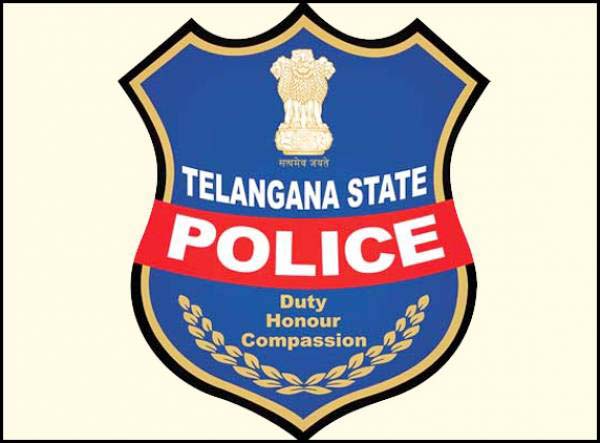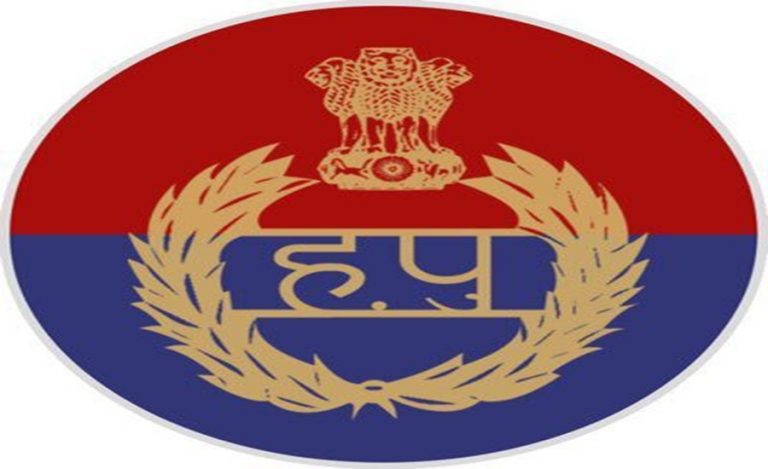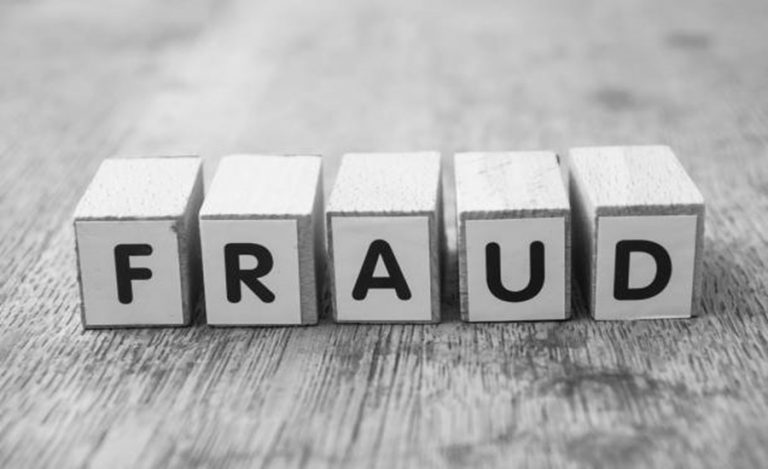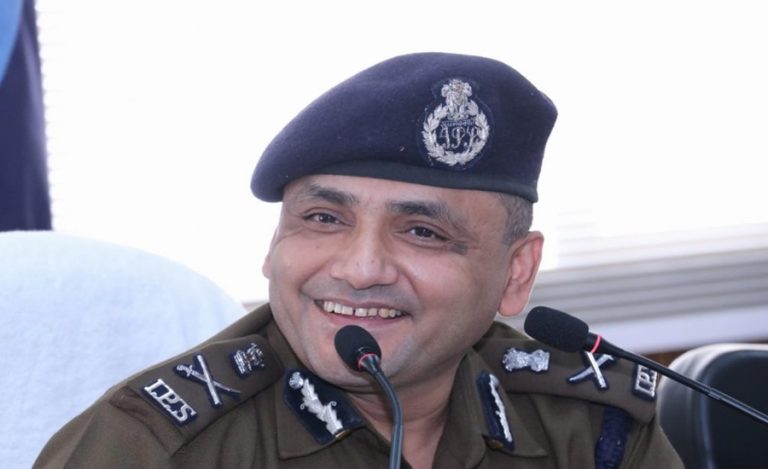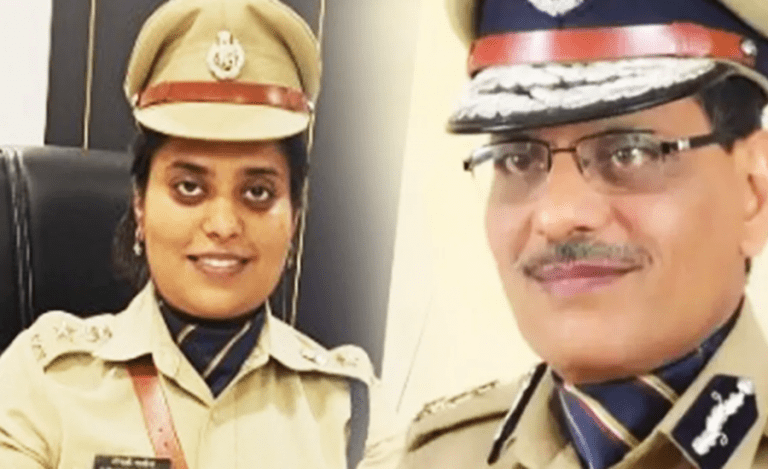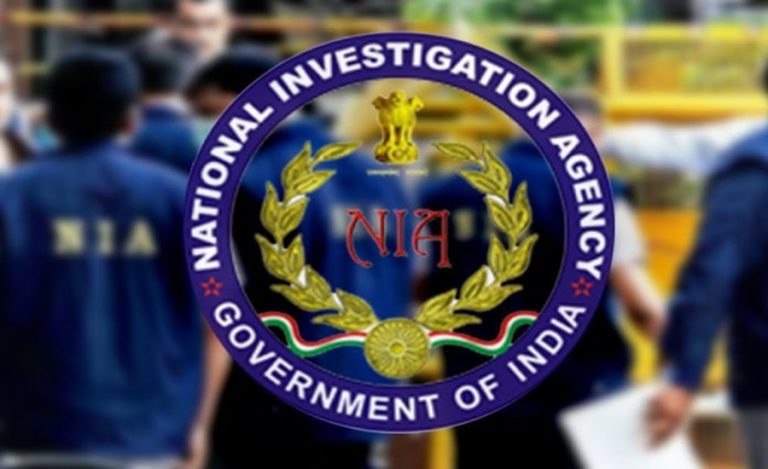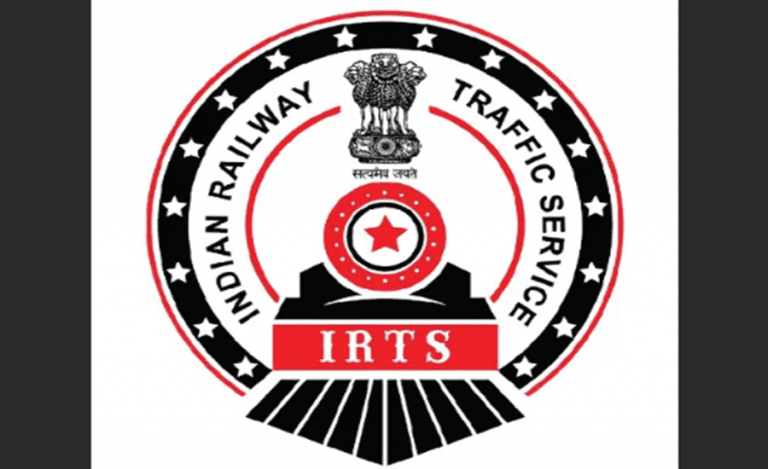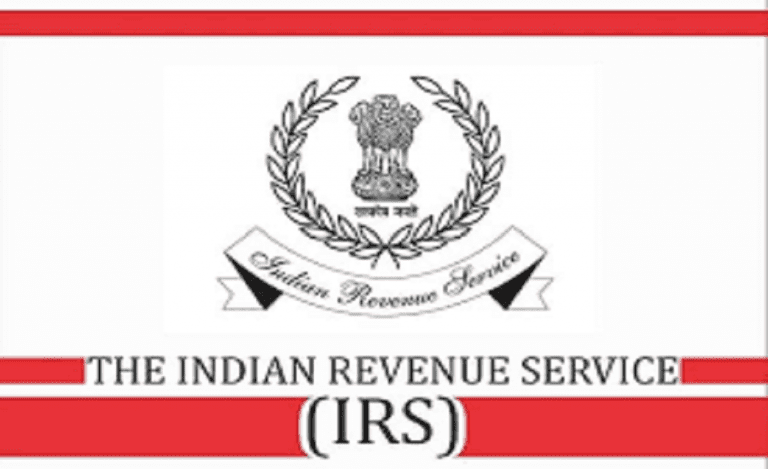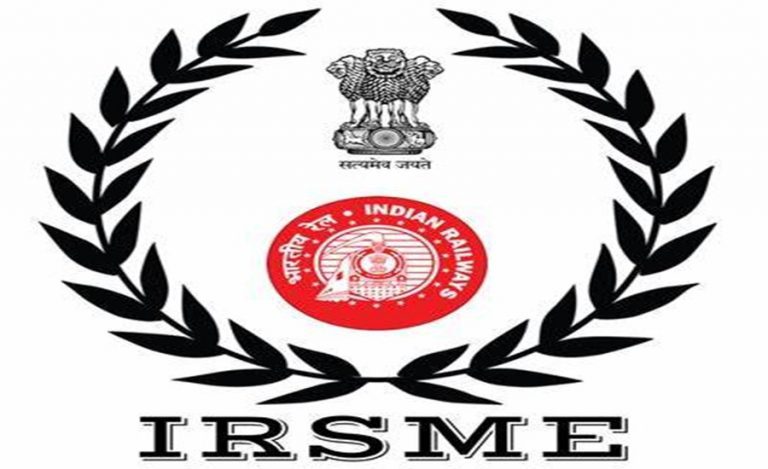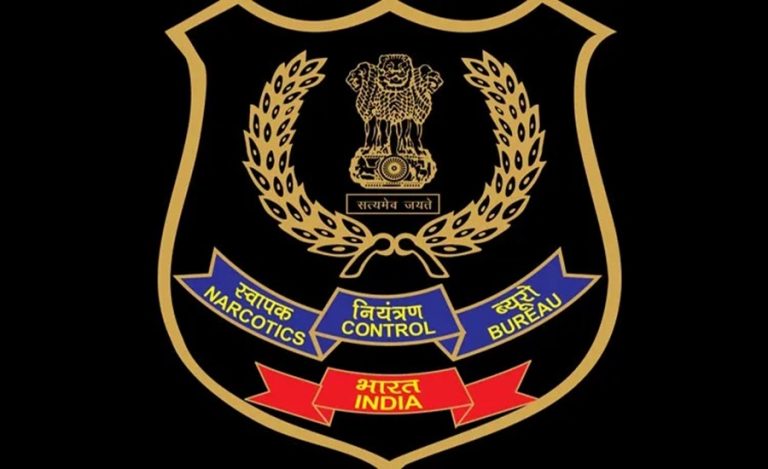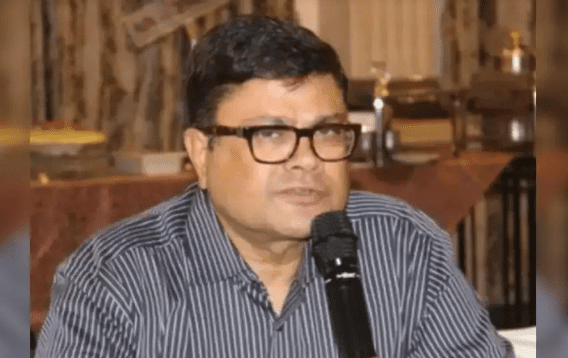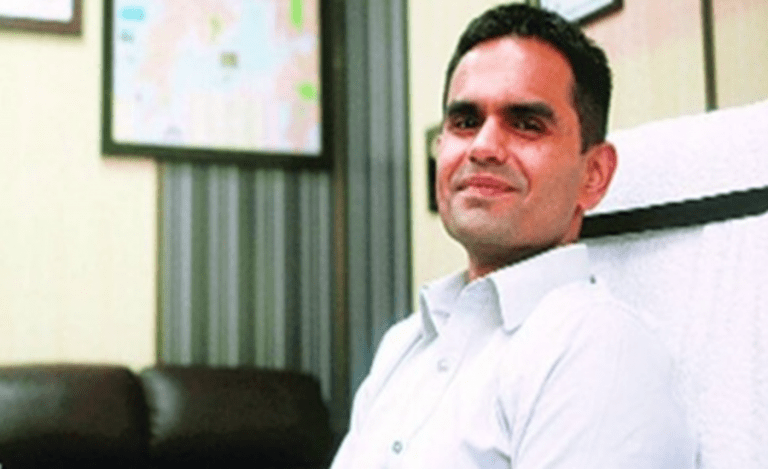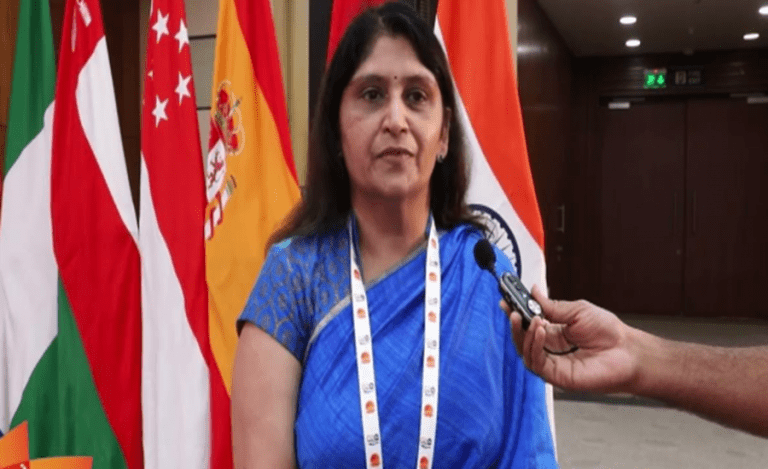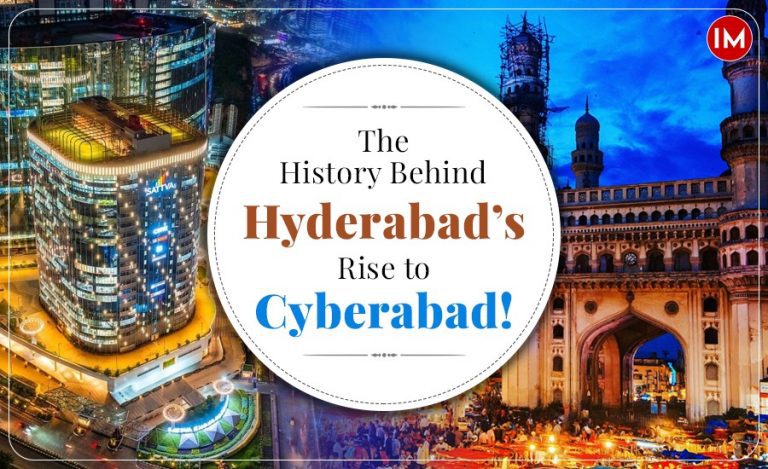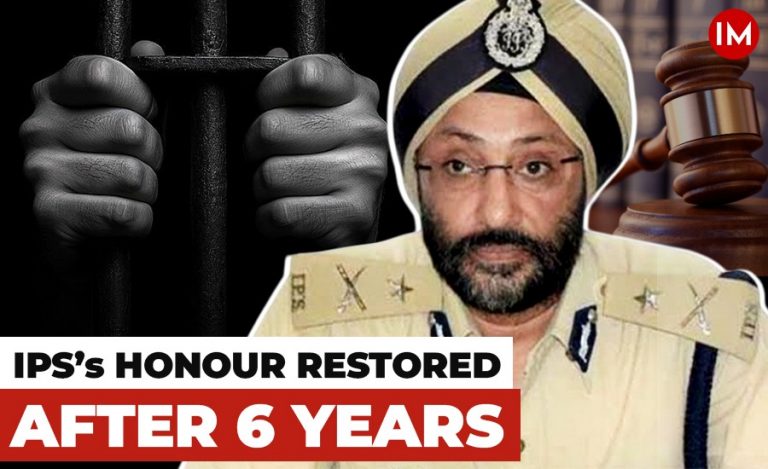In a historic first for India’s electoral process, nine women IPS officers have been assigned key roles in ensuring the smooth conduct of the upcoming Lok Sabha elections scheduled for May 13 in Hyderabad, Telangana.
This remarkable team, including eight Deputy Commissioners of Police (DCPs) and one Superintendent of Police (SP), is stationed across various zones, actively working to maintain law and order during this critical period.
The Election Commission of India, in collaboration with district administrations, has been making extensive preparations, with these women officers at the forefront of handling sensitive zones and high-stress situations.
The team includes DCPs Sadhana Rashmi Perumal of the task force, Sneha Mehra of the south zone, Janaki Dharavat of the southeast zone, B. Rohini Priyadarshini of the north zone, P.V. Padmaja of Malkajgiri, Nikita Pant of Medchal, Sri Sai of Cyberabad’s special branch, and Sunita Reddy of Maheshwaram, along with Nalgonda SP Deepti Chandana.
DCP Sneha Mehra, in particular, faces a challenging assignment in the communally sensitive Old City area of the south zone, where intense election campaigning is underway. She is the first woman officer to hold the position in the south zone, following the transfer of P. Sai Chaitanya.
The officers are deeply involved in both strategic planning and field operations. They have been addressing public complaints directly, overseeing their teams to ensure justice is delivered, and taking preemptive measures to curtail disturbances by binding over known troublemakers and monitoring potentially volatile elements closely.
According to Deepti Chandana, there has been a concentrated effort among the officers to ensure peace within their jurisdictions. Their effectiveness in collaboration and maintaining order has been praised by DGP Ravi Gupta, who highlighted their remarkable coordination skills and the absence of any significant incidents under their watch.
This pioneering group of women IPS officers is setting a new standard for leadership and efficacy in managing one of the most significant events in the democratic process of India.

